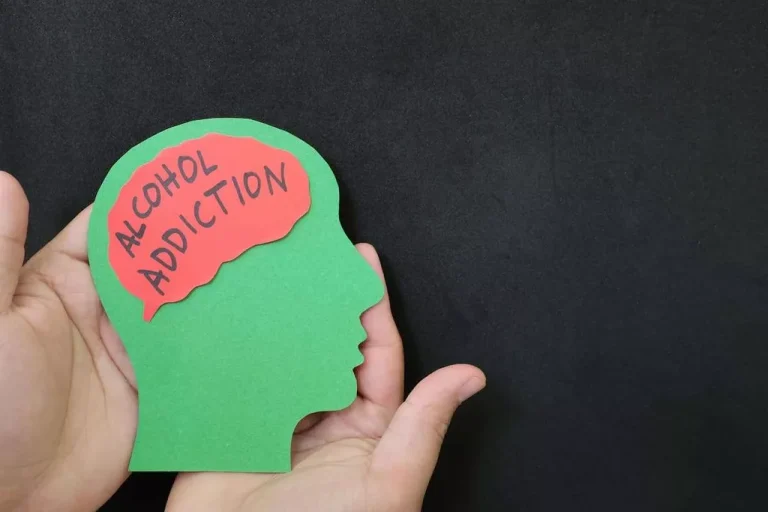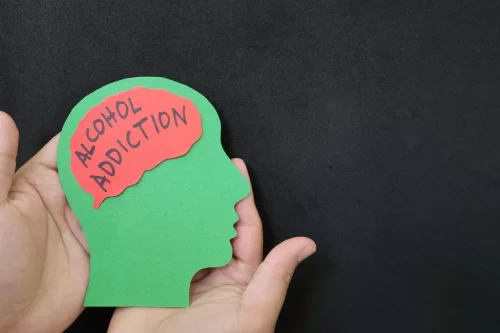
Good sleep is non-negotiable when you’re focused on liver detox and thyroid health. Without enough rest, your body struggles to regulate hormones properly, including those essential for metabolism. A lack of sleep increases cortisol, which messes with your thyroid’s ability to convert T4 into the active T3 hormone, leading to a sluggish metabolism and low energy. Prioritizing quality sleep helps your liver recover and function efficiently, boosting your overall detox efforts. Accelerated Liver Care® helps regulate these levels naturally, promoting both liver and cardiovascular health. This balance is crucial for reducing the risk of metabolic syndrome and supporting long-term liver health.
2.7. Zinc

Through alcohol intoxication, the CYP2E1-dependent system and the microsomal respiratory chain are the principal sources of reactive oxygen species (ROS) within the hepatocytes. Because of its propensity to metabolize and activate a variety of hepatotoxic substrates in the liver, CYP2E1 is of particular interest. Ethanol, carbon tetrachloride, acetaminophen, and N-nitrosodimethylamine, as well as several hazardous compounds, are among these https://ecosoberhouse.com/ substrates.
Foods for Your Brain

To support brain health, it is important to maintain a healthy diet, exercise regularly, and get plenty of rest. Additionally, supplements like omega-3 fatty acids and B vitamins can help support brain health. Several supplements can help repair liver damage caused by alcohol, including milk thistle, N-acetylcysteine (NAC), and alpha-lipoic acid (ALA). These supplements can help reduce inflammation and oxidative stress in the liver, which can help promote healing. It also contains grapeseed, best vitamins for recovering alcoholics barley grass, and milk thistle extracts, combined with resveratrol and chlorophyllin, to combat free radicals and neutralize alcohol metabolites. Unfortunately, if you have an alcohol use disorder, you’re at an increased risk of thiamine deficiency.
- Although evidence is still limited, omega-3 fatty acids show promise as an excellent alcohol recovery supplement.
- Prolonged excessive drinking induces the secretion of enzymes that increase alcohol and aldehyde metabolism.
- Given the frequency of deficiencies in B vitamins, zinc, and vitamin D, supplementation may be beneficial.
- Selenium also acts as an antioxidant, reducing inflammation and oxidative stress in the liver.
Best Liver Supplement for Alcohol Drinkers: Cheers Protect
- In the journey towards recovery from alcoholism, replenishing your body’s nutrients is crucial.
- Additionally, watch out for other unnecessary ingredients that are often included in supplements such as dyes or fillers.
- Before committing to a product, do your due diligence to ensure the supplement you choose contains the research-backed ingredients above to help support and protect your liver.
These can cause your hangover to be worse and you can still feel the effects days after your hangover is gone. Millions of people enjoy an alcoholic beverage on a regular basis, whether they are at home, at a party, or dining in a restaurant. There are some people who indulge in alcohol on a daily basis, or drink at a heavier level than other people. Another study reported that eating raw garlic twice or more weekly may lower the risk of developing liver cancer (compared to those who didn’t eat raw garlic or ate it less than twice weekly). Garlic (Allium sativum L.) contains several bioactive substances, including sulfur-containing compounds, that provide antioxidant and anti-inflammatory benefits.
- In the short term, your liver works overtime to detoxify your blood when you drink.
- Even if you are not a regular drinker, liver supplements are a great way to protect your liver from damage and promote overall health.
- When you regularly consume alcohol, it hinders the breakdown and absorption of nutrients, particularly water-soluble vitamins such as vitamin B12 and vitamin C.
- By considering these factors, you can choose the best anti-alcohol supplement for your needs.
Common Questions About Vitamins for Drinkers

That is, when alcohol is consumed there is an initial alcohol rehab energy rush, followed by a severe drop in energy due to dropping sugar levels (blood glucose levels). If you have NAFLD, dietary improvements that reduce ultra-processed foods and sugars and increase nutrients will have far-reaching effects. If you carry extra weight, then losing weight should also be part of your liver improvement strategy.
- By Brittany Lubeck, MS, RDNLubeck is a registered dietitian and freelance nutrition writer with a master’s degree in clinical nutrition.
- These observations suggest that for any given alcohol dose, malnourished alcoholics break down the alcohol more slowly and therefore develop higher blood alcohol levels, and sustain them longer, than well-nourished subjects.
- Eating plenty of liver-friendly foods and supplementing with specific liver support nutrients can help safeguard your biggest detox organ.
Vitamins, which are molecules found in small amounts in various foods, are essential for normal metabolism, and deficient vitamin levels in the body can lead to serious diseases. Alcoholics are more likely to be deficient in certain vitamins, especially vitamins B1 (thiamine), B2 (riboflavin), B6 (pyridoxine), C (ascorbic acid), and folic acid, even in the absence of liver disease 14. The primary cause of vitamin D deficiency is dietary deficiency; however, other factors may be involved. Alcoholism may affect the absorption, storage, metabolism, and activation of these vitamins 87. Given the frequency of deficiencies in B vitamins, zinc, and vitamin D, supplementation may be beneficial. Vitamins and trace elements should be taken at least in the recommended daily amounts.
How Doctors and Nutritionists Can Help
Yes, the liver bears the brunt of processing alcohol, and over time, the damage can be severe. A compromised liver struggles to convert the thyroid hormone T4 into its active form, T3, which impacts your metabolism. This means slower fat burning, poorer protein utilization, reduced toxin filtering, and increased inflammation—all leading to weight gain and chronic disease. The liver has an incredible capacity for regeneration, but alcohol can make that job nearly impossible if consumed in excess.
